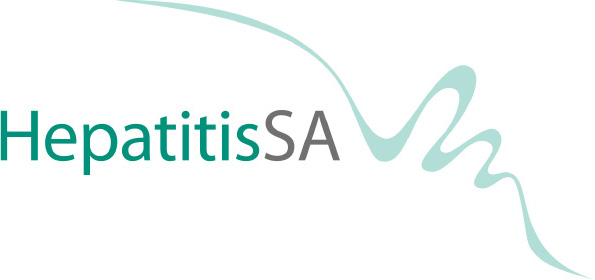How do I live well with hep B?
Hepatitis B diagnosis may seem like a huge barrier to a normal life but with proper management, it is possible to minimise the impact of the virus and live a full, healthy life. The two key tools are:
- Regular monitoring - See a doctor at least once every six months for a liver check and blood tests.
- Vaccination: - There is a safe, effective vaccine for hepatitis B. Get family and household members tested. If they are not immune, they can be vaccinated to protect them against the hepatitis B virus.
Monitoring
There is currently no cure for hepatitis B, but there is treatment to manage the virus. Not everyone with hepatitis B needs treatment but six-monthly liver checks and blood tests will ensure that treatment can be given without delay, if and when it is needed.

With regular monitoring and treatment as needed, most people with hepatitis B live normal, healthy lives.
Hepatitis B monitoring is managed best by specialists or accredited general practitioners. If you have hepatitis B and are not being monitored regularly, you should consider starting.
Vaccination
The easiest and best way to protect people close to you is a safe and highly effective vaccine available to people of all ages. For most people three doses over six months will provide life-long protection.

If immunity does not develop after three doses, extra doses may be needed. Your family and household could be eligible for free hepatitis B vaccinations. (https://bit.ly/hepbvax-eligibility-sahealth.)
Pregnancy and Babies
Babies do not inherit hepatitis B through their parents’ genes.
Mothers with hepatitis B may pass it to baby during the birthing process, but this can be prevented with a dose of vaccine and Immunoglobulin given to baby in the first 4 to 12 hours after birth. Immunoglobulin is a blood product with hepatitis B antibodies. Protect baby further with three more doses, given at two, four and six months.

If needed, mothers with hepatitis B may be given treatment during pregnancy to reduce transmission risk to baby.
Unless mother’s nipples are bleeding, breastfeeding is perfectly safe even if mother has hepatitis B.
Staying healthy
In addition to regular monitoring, a healthy diet and keeping as physically active as possible will help maintain liver health. Limit fat and alcohol intake as these are damaging to your liver.
If you are not immune to hepatitis A, get a vaccination. Any additional liver infection would put further strain on your liver.
For more information on hepatitis B treatment visit our Hepatitis B Treatment page.
How do I start getting monitored?
Ask your doctor for a referral to a specialist or talk to a HBV GP Prescriber.
You can also search for a HBV Prescriber near you by visiting the ASHM hepatitis B prescriber locator or use the map below to find South Australian HBV Prescribers.
If you need help finding an understanding GP, call Hepatitis SA on 1800 437 222 for a referral.
Chinese users can access the Hepatitis SA Chinese language information service via WeChat on 0403 648 348.










